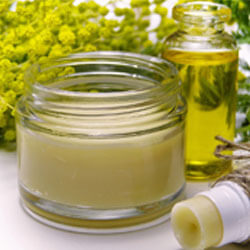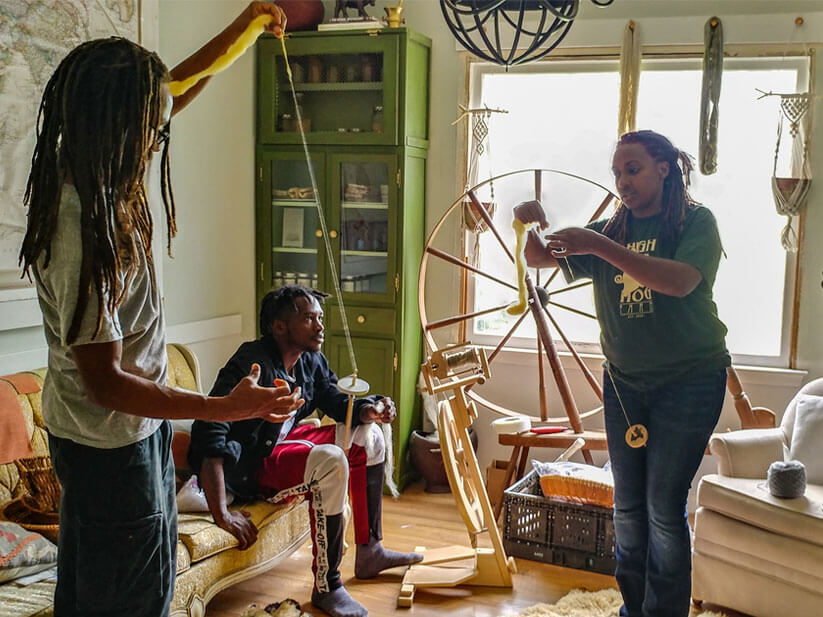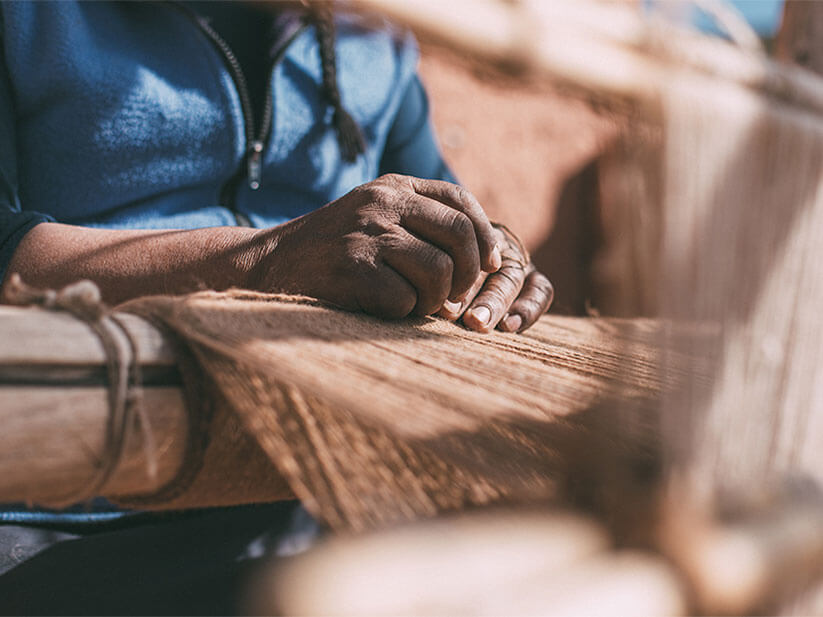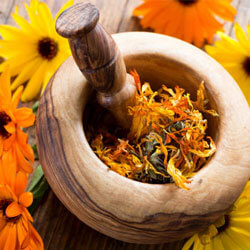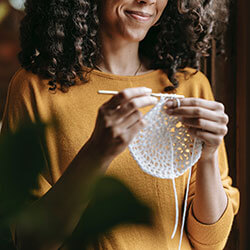Originally published on Highroad Global Services
DFV was featured on the Highroad Global Services blog to share some of our lessons of family, culture, community, self-sufficiency, and interdependence.

Springtook its sweet time getting here and is already being bullied by summer. With all the seeding, sowing, hatching, and birthing, there hardly seems to be enough time for planting the flowers, let alone stopping to smell them or getting lost in wistful sentiment.
My wintered muscles are finally back in gear and my long list of projects seems to be increasing as fast as the temperature outside. As a farm virgin, I’m overwhelmed by the magnitude of work demanded by this single season. Things are busy and time is fleeting, but I can’t help but wax nostalgic for the stories of days gone by, told by those much wiser in years. If only for the notion that somehow the load would be lightened. It was a time when toil and talents were shared before the harvest.
Things Said In Passing
(It’s funny how a simple remark can launch a thousand ideas).

Several years ago, during a conversation with my mother, somewhere around the time I was finishing a course on Social Change and researching subjects for my final project, I was also discovering the joys of homesteading. She commented on pictures I shared with her of me making my first ever batch of sweet cream butter with the kids. Her comment was something along the lines of, “You must get this from your grandmother. She would be so proud.” Turns out my grandma was quite the homemaker, so good in fact that her butter molds were complete with a custom, signature stamp. She not only made butter for the family but to sell to friends and neighbors as well. Now my own friends and family marvel in amused disbelief, at the fact that our journey has led us to farming. I’m tickled to no end by the million intersections that have led us here, and these treasured glimpses into my family history make me appreciate something so intricately simple. My innate passion for culture, community, and farm are all tied up in my DNA.
And with that discovery, the perfect research project was born! I would set out to uncover and document what these things represented in my family and the role they played in their lives.
In my enthusiasm, I hurried to talk with my family to tell them my idea. I also bombarded them with questions: “What do you plant with your corn?”, “When do you put your onions out?”, “What should I cover crop across the pasture?”, “Did you milk your goat once a day or twice – or did you raise it for meat?”, along with a myriad of other questions on leadership and public service. To be fair, I realized that documenting my family’s connection to the land and to community would be no small undertaking. In fact, I was pretty certain that for every question answered another two would take its place — but this was my chance to figure everything out. I wanted to glean as much wisdom as I could, so I could get it all done right.
Their responses?
Chuckles and the type of sage advice only your elders can offer.
Slow down. You don’t have to do it all yourself. If you try chewing too much at once, you’ll choke.
Support Yourself, Rely on Others
I remember the conversation starting something like this:
“I didn’t know you farmed too!”
“We didn’t. We weren’t farmers.”
“But, I thought you had livestock and raised your own food.”
“Yes, but we weren’t farmers. Everybody did some of that. We also went to the store and got our milk from a man that lived nearby. We had enough to take care of our own.”
Then it clicked. (More on the meaning of farming later).
My grandparents, presided over the church, and were a central part of the [African-American] community – a hub of communication, celebration, hope, help and healing. Yes, they kept a couple chickens and knew how to tend a garden. They also taught their children how to hand milk, shuck peas, snap beans, store food, and make sure the goats were still in the yard. Yet, it wasn’t done out of lack or abundance (although they experienced both). It was about sharing life with family and friends in gratitude, a mutual respect for what they had, the faith to live without want, and the willingness to make sure that others around them could do the same.
After only these first few conversations, I was beginning to appreciate self-sufficiency more thoroughly. Our goal has never been to provide for ourselves in isolation, or to build a bunker to escape the hazards and heartaches of society. Rather, it serves as a bridge through it; a way to connect, respect, and sustain one another. Interdependence is the ying to self-sufficiency’s yang. It puts the ‘I’ in ‘we’.
“No man is an island entire of itself” – J. Donne
Expanding my understanding of self-sufficiency helps underscore the idea of “ubuntu”. Ubuntu is a south African (Zimbabwean) philosophy meaning, “I am, because we are.” So much of what my family shared can be summed up by this principle. Culture can broadly be described as the different expressions of being, or the collective attitudes, beliefs, and behaviors of a group or community. When community values interdependence along with support of the individual, the collective spirit of the community thrives.
Thankfully, this deeper appreciation makes things like our CSA, volunteer farm days, workshares, cook-outs, potlucks, team meetings, conversations on the front porch with neighbors, and friends that honk and wave when passing by even more treasured. We savor this opportunity to develop our farm and share its fruits, igniting our hearts amid the daily demands. Working toward this concept of self-sufficiency is ultimately teaching me to enjoy the seasons and embrace the process – biting off only what we can chew. Turns out, that leaves a little time to stop and smell the flowers after all.
